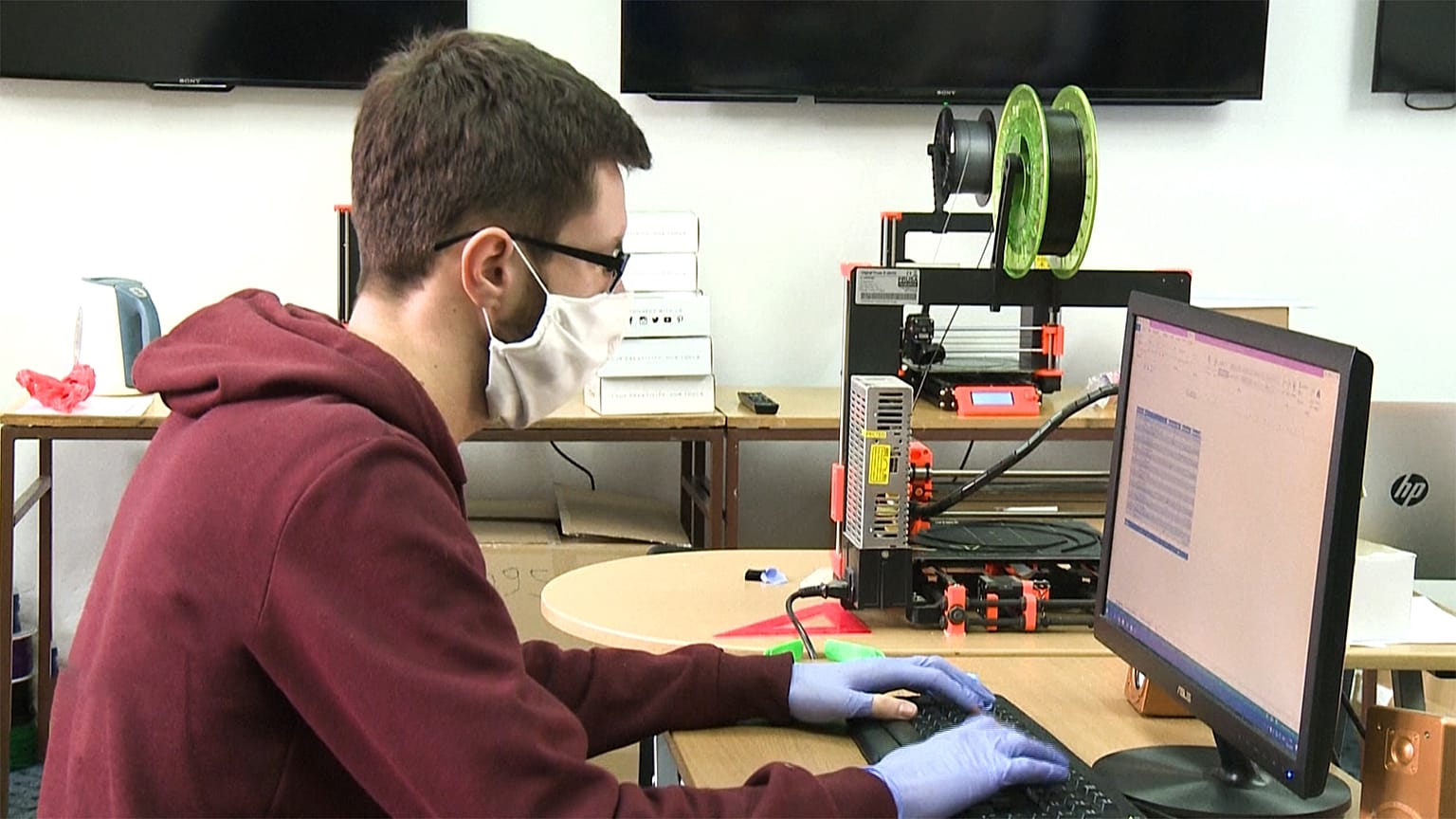SMEs in Europe represent 2/3 of jobs and they are particularly impacted by the Coronavirus crisis.
In this special episode of Business Planet, we look at what measures have been put in place to support small and medium-sized enterprises.
 ADVERTISEMENT
ADVERTISEMENT
 ADVERTISEMENT
ADVERTISEMENT
There are 25 million SME's in Europe. They represent two-thirds of jobs in the bloc and are particularly impacted by the new Coronavirus crisis.
We asked Alban Maggiar, President of SME UNITED, the European Federation of Crafts and SMEs what European measures have been put in place to support SMEs hit by the COVID 19 crisis?
• the EU budget will deploy its existing instruments to support these companies with liquidity, complementing measures taken at national level.
• In the coming weeks, €1 billion will be redirected from the EU budget as a guarantee to the European Investment Fund (EIF) to incentivise banks to provide liquidity to SMEs and midcaps. This will help at least 100,000 European SMEs and small mid-caps access around €8 billion of financing. We will also provide credit holidays to the existing debtors that are negatively affected.
• The €8 billion of working capital loans backed by the EU budget guarantee to the EIF will be provided via financial intermediaries – such as national promotional and commercial banks or leasing companies – that will be incentivized to provide the needed liquidity.
• The EIF will extend the guarantees – with higher risk cover than for normal investment loans – to the financial intermediaries. That way, banks and other intermediaries will have a major part of the risks associated with such lending covered by the EU budget.
•In addition, the EIB Group will aim to catalyze €10 billion in additional investments in SMEs and midcaps from their own account and to accelerate the deployment of another €10 billion backed by the EU budget.
• Coronavirus Response Investment Initiative
• The Commission is proposing to mobilize quickly cash reserves from the European Structural and Investment Funds (ESIF) – the EU's cohesion money. This will provide immediate liquidity to Member States' budgets. The will help to frontload the use of the as yet unallocated EUR 37 billion of cohesion policy funding within the 2014-2020 cohesion policy programmes, thus providing a much-needed boost to economic investments.
• The Commission is also making all Coronavirus crisis-related expenditure eligible under cohesion policy rules. It will also be applying the rules for cohesion spending with maximum flexibility, thus enabling Member States to use the funds to finance crisis-related action. This also means providing greater flexibility for countries to reallocate financial resources, making sure the money is spent in the areas of greatest need: the health sector, support for SMEs, and the labour market.
• The new measures will support SMEs to alleviate serious liquidity shortages as a result of the pandemic, as well as strengthen investment in products and services necessary to bolster the crisis response of health services. Member states will also have greater flexibility to transfer funds between programmes to help those most adversely affected.


















